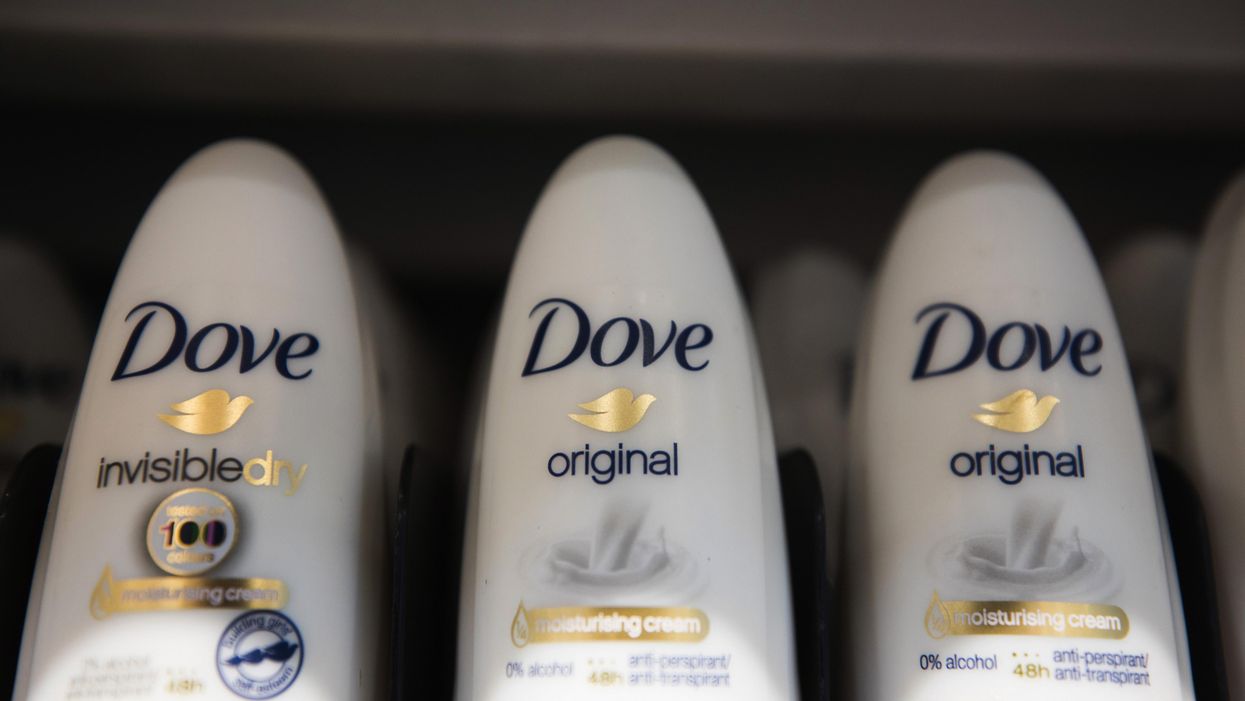
Photo by Chris Ratcliffe/Bloomberg via Getty Images

Guessing 'abnormal' would be worse
Unilever is set to drop the term "normal" from its beauty products in a bid to become even more inclusive.
According to a Tuesday report from the BBC, Unilever — which owns popular brand Dove — said that the word "normal" would be struck from marketing in order to craft a "more inclusive definition of beauty."
The news organization noted that the term will be removed when referring to "body shape, size, proportion, and skin color" and will impact the branding of at least 200 products.
"The London-based firm, which also owns the Simple and Sure beauty brands, is set to make the changes over the next year," the BBC reported. "The ban on editing will include photos taken of models as well as social media influencers."
In a statement, Sunny Jain, the firm's president of beauty and personal care products, said, "We know that removing 'normal' from our products and packaging will not fix the problem alone, but it is an important step forward."
Shampoo — or skin care — for "normal to dry" conditions will be labeled for "dry and damaged" hair going forward, for example.
On Tuesday, the New York Times reported that the move comes on the heels of a new study revealing that using the word "normal" on products "makes most people feel excluded."
"The advertising changes came after the company commissioned a 10,000-person study across nine countries, including Brazil, China, Nigeria, Saudi Arabia, and the United States," the Times report noted. "The study found that 56 percent of participants thought that the beauty industry could make people feel excluded, and that as many as seven in 10 people agreed that the word 'normal' on products and in advertising had negative effects. That figure rose to eight in 10 for people between the ages of 18 and 35."